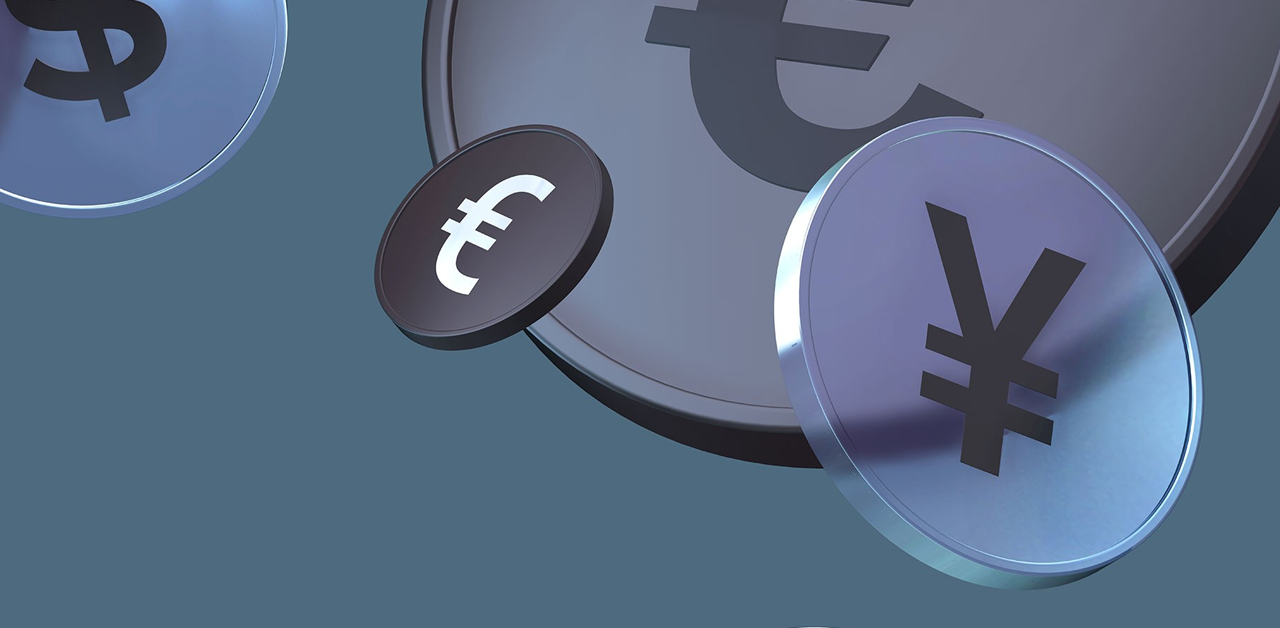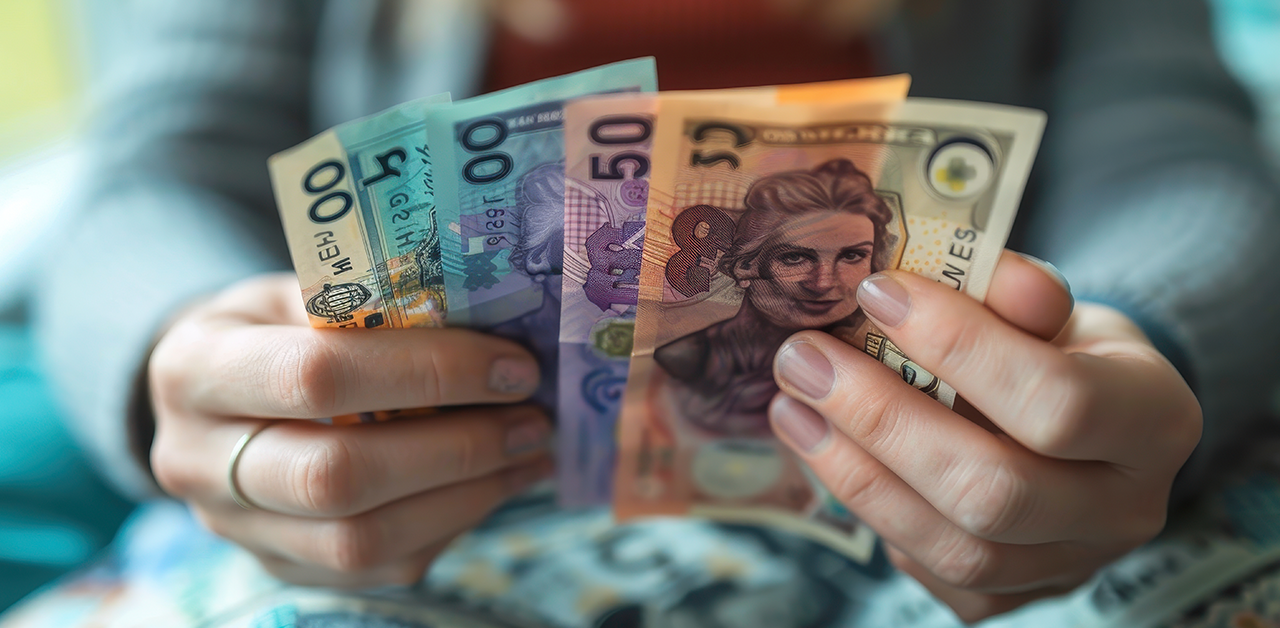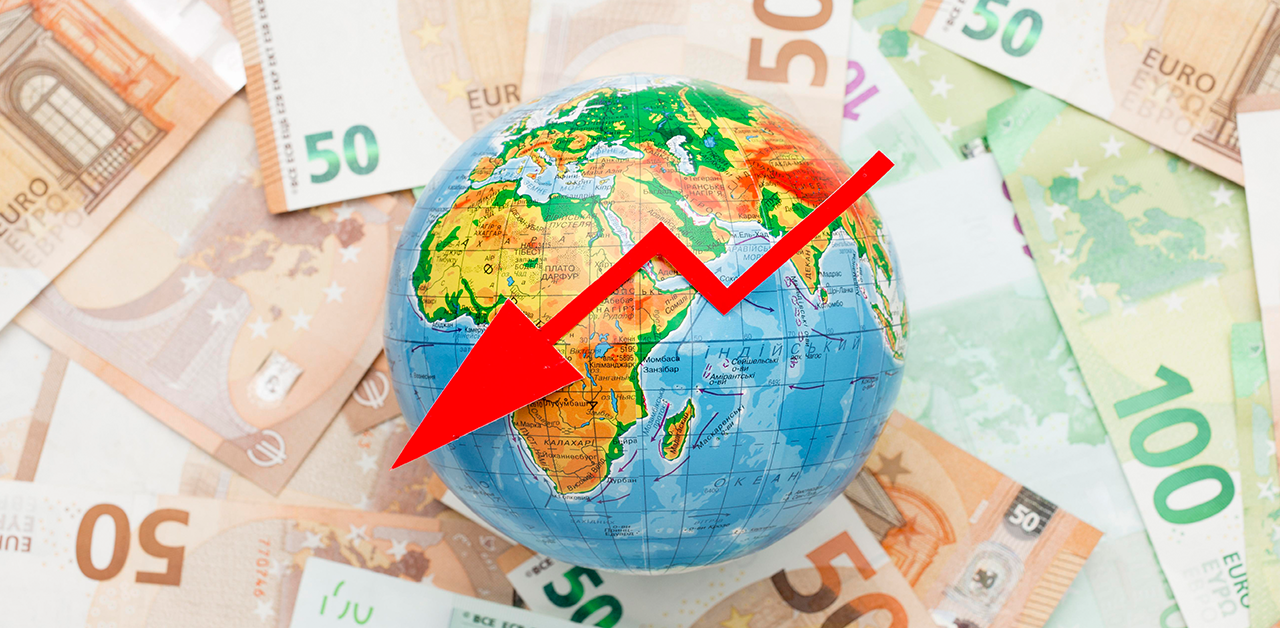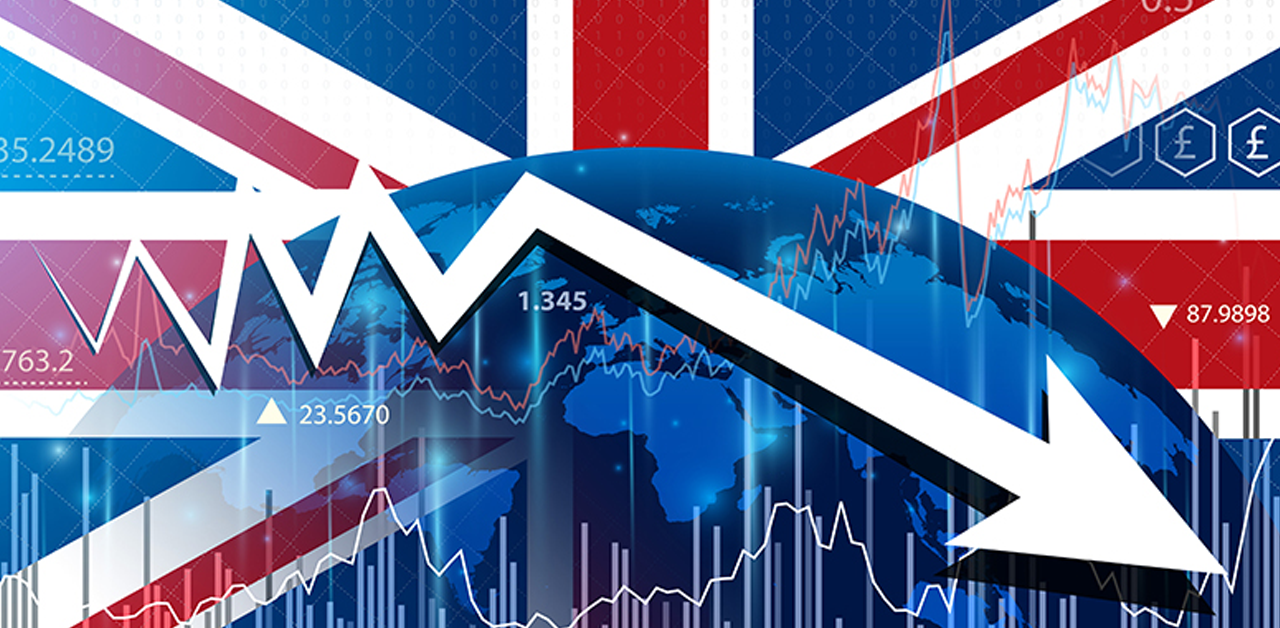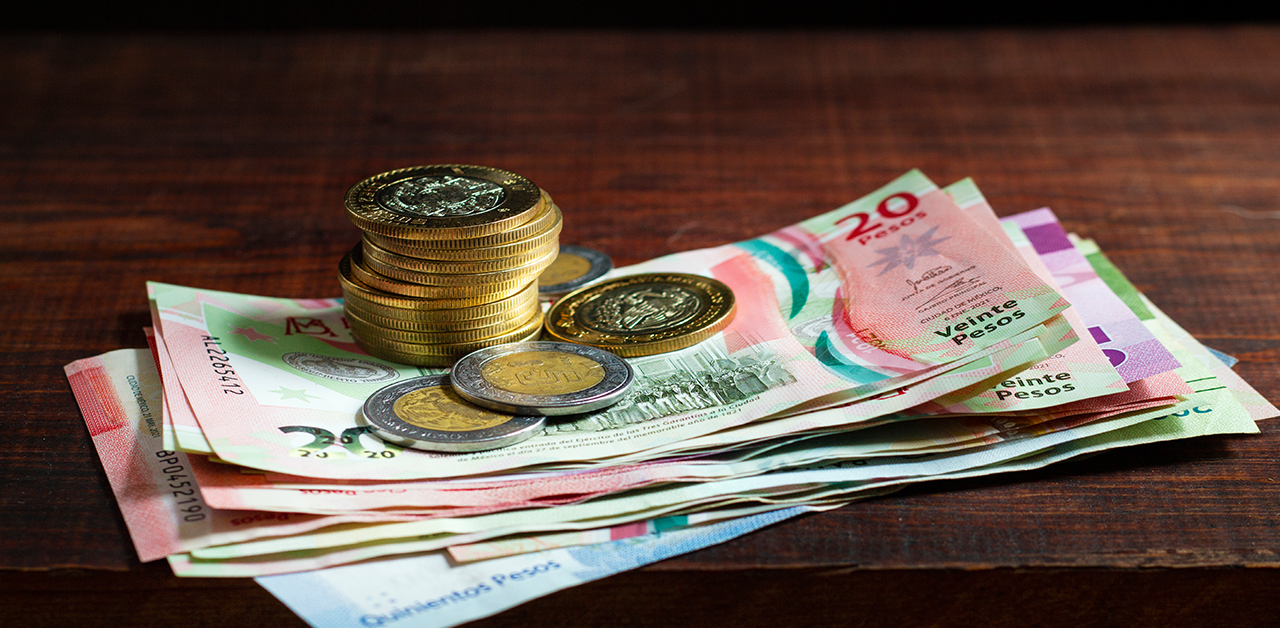During early trading in Asia on Thursday, the euro fell versus the yen, dipping under 1.1600 to around 1.1590. This drop followed the EU’s (European Union) latest penalties levied against Russia because of the conflict in Ukraine. What happens with initial figures for eurozone consumer sentiment—scheduled for release later—may also influence movement.
The European Union, alongside the U.S., revealed more sanctions this Wednesday, claiming Russia wasn’t genuinely trying to find peace. These new limits followed news of a delayed discussion between President Trump and President Putin. The value of the Euro has declined due to the growing tensions between Russia and Europe and the USA; in contrast, interest in the Yen is increasing because people frequently use it when things feel unstable. According to experts, Europe may soon face additional economic challenges as a result of this change.
Japan’s freshly appointed Prime Minister, Sanae Takaichi, seems set to unveil a sizable boost to the economy—potentially surpassing last year’s $92 billion—aimed at easing financial strain on families. Yet, alongside the Bank of Japan’s deliberate approach to interest rates, this spending could limit any substantial gain in the yen’s value.
According to a Reuters survey, experts say that they believe the Japanese Central Bank will raise interest rates in the next three months. Furthermore, a large majority of them expect rates to rise before the spring of next year. Among the global tensions and investments directed toward Russia and Ukraine, the Euro/Yen pair is undoubtedly feeling the heat.

